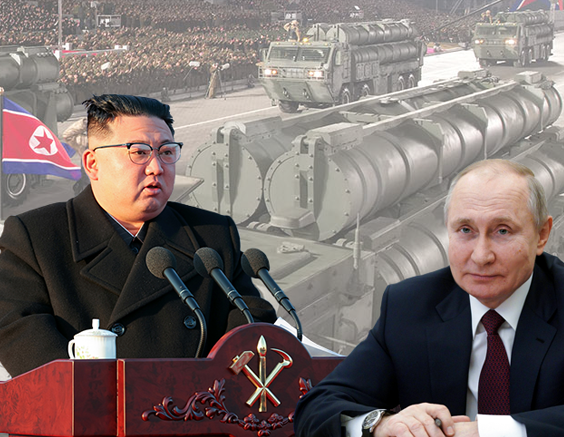May 2, 2023
Hyuk Kim
The following is an excerpt from 38th North.
As Russia’s “special military operation” in Ukraine persists, Moscow strives to secure enough military equipment for the Russian troops in Ukraine. The shortage of weapons in the conflict also links to the allegation that North Korea is covertly supplying artillery shells to Russia, although North Korea’s export of small arms and light weapons (SALW) is currently banned under United Nations (UN) Security Council Resolutions, regardless of who the importer may be. Russia is seemingly willing to ignore these sanctions in the will to achieve its own military goals. But certainly, Pyongyang cannot be the only supplier of SALW to Russia. In fact, the UN trade database shows 19 countries have transferred SALW to Russia in 2022, including 12 members of the European Union (EU) and seven non-EU countries.

Given that arms transfers are driven not only by economic interest but also by political interest, understanding the current supply chains involved in the conflict in Ukraine can help scope out a reshaped political network in a post-conflict era that could be exploited by North Korea in future sanctions evasion attempts.
Allegations of North Korean Transfers to Russia
The UN trade database does not offer any indications that corroborate the alleged arms transfer to Russia by North Korea between 2022 and 2023. Indeed, it only shows that Poland is the sole country that traded SALW with North Korea in 2022. Therefore, verifying claims of Russian sanctions violations via the trade database is a difficult task since North Korea does not report its national import and export data to the UN, and provision of such data is at the discretion of states including Russia, which could possibly mean certain illicit trading activities are left out of the officially declared data.
North Korea’s political and economic ties with Russia and potentially some of the non-EU partners currently exporting to Russia could be strengthened if the ongoing conflict ends favorably for Russia and therefore should be monitored closely.
Continue reading at 38th North.
